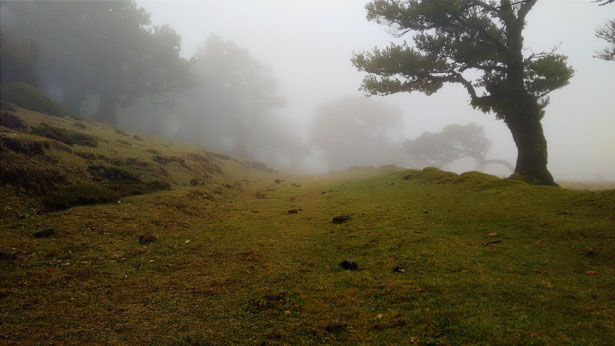
The Health Benefits of Hiking
By Goeffrey Walters
“I took a walk in the woods and came out taller than the trees” – Henry David Thoreau
Hiking is a wonderful activity that has been enjoyed by humans for millennia. Whether you’re strolling through your local urban park to escape the office, winding your way through forest trails as a family, or pushing yourself to the limit scaling a mountain, hiking has something for everyone.
Like any other form of exercise, it benefits body and mind in myriad ways.
 Physical health and fitness
Physical health and fitness
Society encourages us to focus disproportionately on the visible effects of exercise, such as weight loss. While hiking does combat obesity, burning some 370 calories per hour, it also promotes healthy bones, something that few people consider when thinking about sport. As a weight-bearing exercise, it puts pressure on bones, improving bone density and reducing the chances of developing osteoporosis.
As a cardiovascular activity, regular hiking promotes cardio-respiratory fitness. What does this mean in practice? Hikers have a lower risk of coronary heart disease and strokes, and lower blood pressure. You’re less likely to die of lung cancer as well. The more often you hike, the faster you move, and the harder you push yourself to walk over rough terrain like a steep mountain path, the more your heart and lungs will thank you in the future. Advanced hikers often invest in trekking poles to stretch their fitness to the limit.
Exposure to sunlight increases uptake of Vitamin D, which, in addition to its well-known impact on healthy bones and teeth, also reduces production of the stress hormone cortisol. Depending on your skin tone, ethnicity and how much sunscreen you wear, you could need as little as 10 minutes of sunlight a day. This gives hiking an advantage over indoor forms of exercise such as going to the gym.
Hiking is also fantastic for toning muscles, particularly when there’s no clear path to follow, as your legs have to compensate by working harder. Like swimming, hiking gets your whole body moving. Areas that benefit the most include the core, quads, glutes and hamstrings, but carrying a pack on longer hikes can also strengthen your back, neck and upper body.
Mental health and relaxation
 Most people live within driving distance of a good spot for hiking, and it’s relatively inexpensive to get started. While you might feel embarrassed about going to the gym if you are a beginner or severely overweight, hiking on an isolated trail will reduce the chances of feeling judged. Hikers can avoid bossy fitness instructors and choose their own route, whether it’s a scenic walk through the countryside or taking a trip to a lake.
Most people live within driving distance of a good spot for hiking, and it’s relatively inexpensive to get started. While you might feel embarrassed about going to the gym if you are a beginner or severely overweight, hiking on an isolated trail will reduce the chances of feeling judged. Hikers can avoid bossy fitness instructors and choose their own route, whether it’s a scenic walk through the countryside or taking a trip to a lake.
These factors make the sport a low-stress option for anyone who has been inactive for a long period of time.
For those with desk jobs, hiking provides a much-needed mental reset. Most forms of exercise provide stress relief, but taking a long walk is unusual in the sense that the hiker is surrounded by nature. It’s easy to forget that being in nature is in our DNA, but the feeling of sand being crushed underfoot at the beach, the smell of the sea and the sound of crashing waves can all increase happiness. You might set out to tone up physically, but long walks can have a tremendous effect on your mood when you return to work or school, increasing focus and concentration.
As a de-stressor, hiking is often recommended by therapists to individuals suffering from mental illnesses like depression. Hiking in a group reduces isolation and gives a sense of community that is essential to psychological wellbeing. Exercising outdoors combats insomnia, and it’s hard to feel consistently lethargic if you start you day with a walk in the local wood. The feeling of reaching the summit of a hill can provide a sense of achievement that can aid in recovery from depression and help combat low self-esteem. Even a simple change of scenery can improve mood.
By concentrating on your breath while walking and observing your natural surroundings, it’s possible to engage in mindful walking. Focusing on the present is surprisingly challenging to do for a long period of time, but it’s a great antidote to anxiety and worrying about the future.
If you’re interested in finding out more about hiking, a great place to start is by contacting the American Hiking Society. You could also consider using Meetup.com to find like-minded people in your area. Establishing a lasting connection with the broader hiking community will ensure that your physical and mental health will continue to benefit for years to come.



